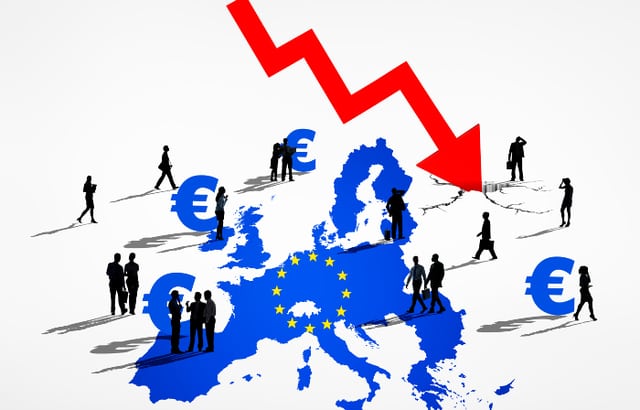Morningstar Direct’s latest data found that while actively managed bond funds fell seriously out of favour during the month, passive bond funds experienced €1.7bn (£1.5bn) of net inflows.
Active equity fund inflows also dropped €22.1bn to €4.3bn in February compared to passive equity funds that enjoyed net inflows of €9.4bn, of which €5.3bn were targeted equity exchange traded funds (ETFs).
Active commodity funds meanwhile, had outflows of €160m and convertible funds shed €220m during the month.
However, actives were the winner when it came to allocation funds which experienced €14bn in inflows compared to an outflow of €24m for their passive counterparts.
Flexible allocation funds had the highest demand for active funds with inflows of €2.8bn. Emerging market funds also saw net inflows of €1.6bn.

Morningstar director of EMEA editorial research, Ali Masarwah, said: “After enjoying a record-level of net inflows in January, European-domiciled funds faced a much more sober picture in February. Investors’ risk appetite dampened considerably as markets were hit by bouts of volatility which chipped away at the prices of risky assets across the board”.
Masarwah said the ongoing market correction was seen as a buying opportunity for investors who were optimistic on economic growth and the US fiscal reform.
“Inflows continued to target US large-cap blend funds, and it is noteworthy that investors clearly prefer the passive option in this area of the market,” he said.
The data found that there was strong demand for ETFs tracking the S&P 500, with Vanguard S&P 500 ETF and iShares Core S&P 500 ETF gathering €938m and €773m of net inflows respectively.
UBS topped asset inflows during the month with net inflows of €4bn despite large outflows of €1.6bn from its passive funds. For passive flows, iShares dominated at €3.6bn in inflows.
KBC and Axa lead the active outflows list at €1.99bn and €1.4bn respectively.
The report also noted that Pimco’s GIS Income Fund suffered its first negative flow month since October 2014.










